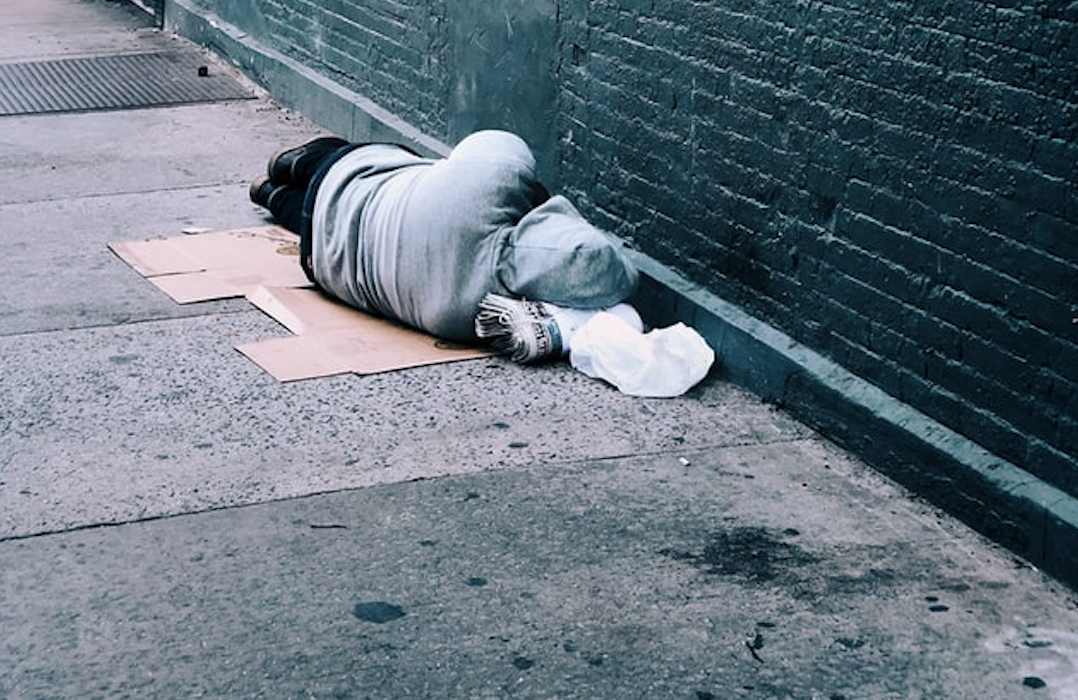Several years ago, I had the opportunity to hear a talk by Bryan Stevenson, the civil rights lawyer and founder of the Equal Justice Initiative. The evening left me feeling uplifted and inspired, but also agitated, mulling over the question of how one puts into practice the four ideas Mr. Stevenson laid out for making the world a better place.
In particular, his first charge seemed deceptively simple: to get proximate to the problems in our society and to the people experiencing them, as a necessary step toward finding solutions to those problems. What does this look like? New York City, where I live, daily brings me face to face with people who experience some of the city’s most entrenched social injustices. Is that proximity? I increasingly feel that physical and relational closeness are necessary but not sufficient components of what Stevenson means by proximity. Proximity, in his framework, also encompasses the spiritual attribute, the middah, of humility.
As I have tried to reify this notion of proximity in my own work and life, I have found it helpful to think about it on multiple levels, each with its own specific action and accompanying spiritual work. The following framework is a work in progress; I welcome your reactions and reflections.
Level one: Turn toward, not away. Getting proximate starts by looking in places where we ordinarily avert our eyes. Like many New Yorkers, I vacillate on the question of whether to give money to people begging on the street. There have been periods when I’ve given to everyone who asks and periods when I’ve given to no one. But no matter what, I try always to look the person in the eye and verbally respond to the request – even if the response is “no, I’m sorry.” This practice of turning toward – even for a moment – connects me with the humanity of the person asking for my help. It creates a split second of proximity that opens and softens my heart. This is the proximity of t’zelem elokhim, of remembering that each human being is created in the image of God.
Level two: Step in close–and stay in the room. Quickly we learn that turning toward is not enough. It is time to take the next step, to get closer and stay there. At New York Methodist Hospital, completing my pastoral care field placement, I would sit awkwardly by the hospital bed, unsure of what to say to the patients or their families. I wanted desperately to run away; it was so much easier to think theoretically about pastoral care, in the classroom. But by fighting my impulse to flee and staying in the room I eventually came to learn how I could be a source of comfort.
There are many ways to experience this degree of proximity: Perform the mitzvah of bikkur holim (visiting the sick) or nihum aveilim (comforting mourners). Have an actual conversation with a homeless person, someone incarcerated, or with a resident in an average nursing home facility. Step in close, stay in the room, and you will learn something about what is needed to alleviate suffering. This is the proximity that our Sages refer to as walking in God’s ways (Talmud Tractate Sotah 14a), the proximity through which we emulate divine compassion by being present with another’s pain.
Level three: Sit quietly and listen. Eventually it is possible to go deeper. To be courageous enough to form and sustain relationships with people who may be far removed from our daily lives. To be humble enough to step back and allow someone else to lead. When my synagogue began a partnership with the Alliance of Families for Justice, we had many grandiose notions of how we could contribute to its mission of supporting families of incarcerated people. The reality: the best contribution we could make was to show up at meetings and listen. We had to let go of our “noble” aspirations, sit on our hands, and be quiet. This is the proximity that generates trust.
Level four: Build something together. Finally, the foundation is solid. Willingness to sit with discomfort. Presence. Listening. Understanding. Trust. Finally, you are close enough to work together, to craft solutions. The spiritual work continues: This level of proximity requires compromise and patience and love. It is the proximity of brit, of covenant, of sacred mutual obligation.
Get proximate. Turn toward, not away. Step in close – and stay in the room. Sit quietly and listen. Build something together.
Get To Know The Author
WGF/DS Alum Rabbi Shuli Passow (Class 16) is the director of Community Engagement at B’nai Jeshrun synagogue in New York, NY.


